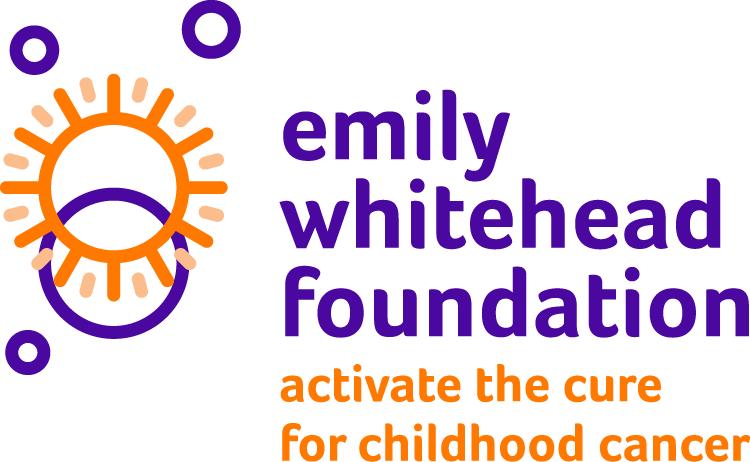Study of CD30 CAR for Relapsed/Refractory CD30+ HL and CD30+ NHL
Lymphoma
0-9 years 10-17 years 18-26 years 27 years and older
1 2
 Biological
Biological
ATLCAR.CD30 cells
Condition: Lymphoma, Lymphoma, Non-Hodgkin, Immune System Diseases, Immunoproliferative Disorders, Lymphatic Diseases, Lymphoproliferative Disorders, Neoplasms, Neoplasms by Histologic Type
The body has different ways of fighting infection and disease. No single way seems perfect for fighting cancer. This research study combines two different ways of fighting disease: antibodies and T cells. Antibodies are proteins that protect the body from disease caused by bacteria or toxic substances. Antibodies work by binding those bacteria or substances, which stops them from growing and causing bad effects. T cells, also called T lymphocytes, are special infection-fighting blood cells that can kill other cells, including tumor cells or cells that are infected. Both antibodies and T cells have been used to treat patients with cancers. They both have shown promise, but neither alone has been sufficient to cure most patients.
This study is designed to combine both T cells and antibodies to create a more effective treatment called autologous T lymphocyte chimeric antigen receptor cells targeted against the CD30 antigen (ATLCAR.CD30) administration.
In previous studies, it has been shown that a new gene can be put into T cells that will increase their ability to recognize and kill cancer cells. The new gene that is put in the T cells in this study makes an antibody called anti-CD30. This antibody sticks to lymphoma cells because of a substance on the outside of the cells called CD30. Anti-CD30 antibodies have been used to treat people with lymphoma, but have not been strong enough to cure most patients. For this study, the anti-CD30 antibody has been changed so that instead of floating free in the blood it is now joined to the T cells. When an antibody is joined to a T cell in this way it is called a chimeric receptor. These CD30 chimeric (combination) receptor-activated T cells seem to kill some of the tumor, but they do not last very long in the body and so their chances of fighting the cancer are unknown.
The purpose of this research study is to establish a safe dose of ATLCAR.CD30 cells to infuse after lymphodepleting chemotherapy and to estimate the number patients whose cancer does not progress for two years after ATLCAR.CD30 administration. This study will also look at other effects of ATLCAR.CD30 cells, including their effect on the patient’s cancer.
